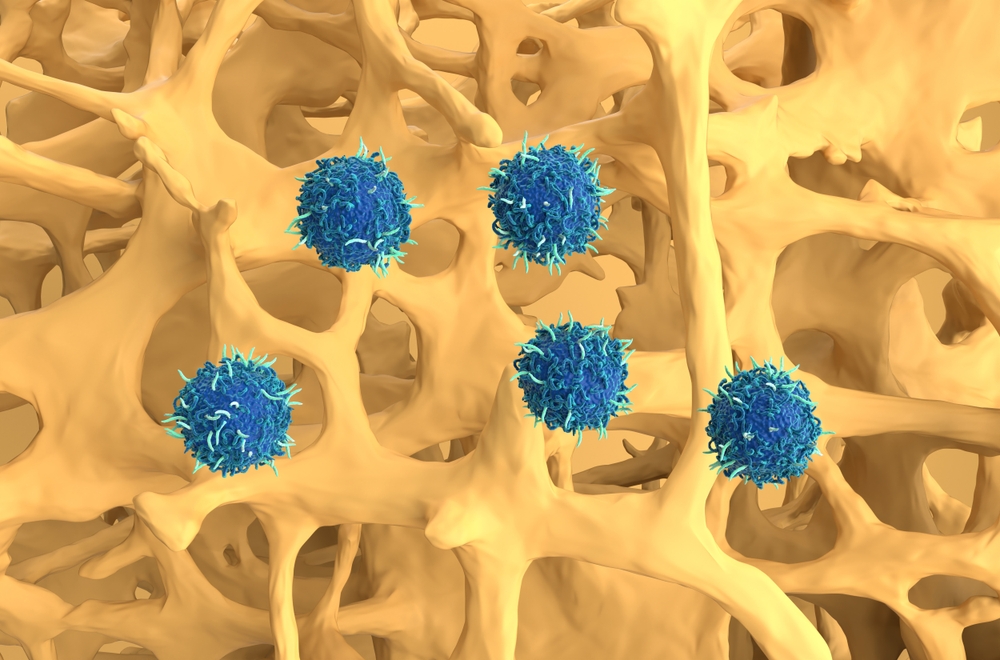The European Medicines Agency (EMA) by way of PRAC, its Assessment Committee, recently issued a press release stating that 38 out of 42,500 patients treated with CAR-T cells were found to have secondary tumors.
When the Committee examined these 38 patients it discovered elements that were used to modify the patient’s T cells and generate CAR-T cells.
The EMA concluded that CAR-T cell-based therapy has had an involvement in the development of secondary tumors and therefore is somehow involved with the disease. The agency noted that the tumors were found weeks, and in some cases in years after CAR-T cells were administered and cautioned that patients should be monitored for life to detect newly formed neoplasms.
The doctors emphasized that CAR-T therapy saves lives, and that must be weighed against the possibility of a rare tumor. Rather than turning away from it, the doctors suggest clarifying which patients are at risk and why.
In this regard, in addition to current warnings, CAR-T patients will also receive additional information about the possibility of secondary tumors in connection with the malignant transformation of T lymphocytes.
Two studies of secondary tumors were recently published in the NEJM. The first study describes CD4-positive inactive lymphoma discovered in a myeloma patient who was treated with CAR-T cells five months earlier.
The tumor cells’ DNA were found to contain a sequence traced back to the elements used for engineering the cells. The researchers were able to identify many genetic alterations that could possibly have had an impact on the abnormal cell growth.
The second study was conducted in 2016 through 2024 at the Stanford University’s Medical Center in California. Out of a total of 724 treated patients, 25 people developed secondary tumors. The EMA breakdown is available here.
Clonal hematopoiesis (CH) occurs when a hematopoietic stem cell develops into various types of blood cells and begins to make cells having its genetic mutation. This results in blood cells that are different than other blood cells. There are no warning signs of CH, and some people never have symptoms.
Less than one person out of 100 people with CH may get blood cancer. The second study discovered one patient with Epstein-Barr virus and positive T-cell lymphoma that proved to be fatal. The team analyzed the primary and secondary tumors of the patient and found common mutations suggesting preexisting clonal hematopoiesis (blood cell production).
Doctors George Vassiliou and Emily Mitchell of Cambridge University UK explained that spontaneous hematopoiesis increases myeloid and lymphoid cancer risk to some degree, but it is usually not a substantial increase in T-cell or other hematologic tumors.
Editor’s Note: Get Involved
Cancer doesn’t discriminate. WHATNEXT and its partners are interested in amplifying the voices of those from all identities and backgrounds. If you have a cancer journey to share, reach out here to learn more about how your voice can help spread awareness and inspire individuals from all walks of life.
cancer cancer treatment CAR T-cell therapy CAR-T CAR-T cell therapy research
Last modified: August 9, 2024











